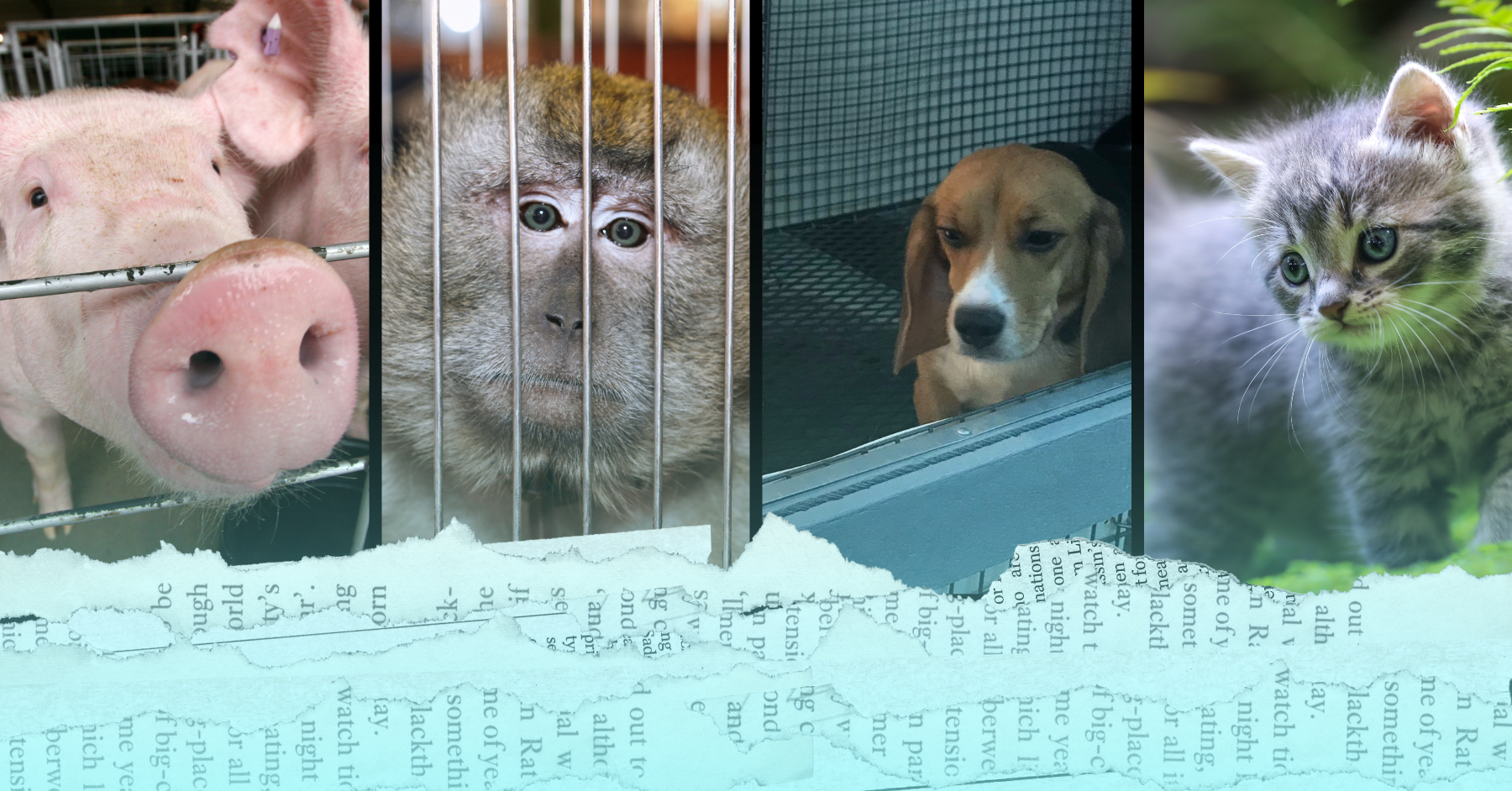
Here’s a roundup of this week’s biggest news stories related to animal research—all the recent media coverage you need to know right now to be the most effective activist for animals in labs.

Marshall BioResources Exposed! Rare Photos Inside a Mega-Breeder for Animal Research
Rise for Animals, 8/29/2024
Thanks to a brave whistleblower, you can now see some of what New York’s Marshall BioResources has been hiding — 66,421 innocent beagles, ferrets, cats, and pigs trapped in cruel conditions, destined for unthinkable experiments. These heartbreaking images reveal the true cost of animal testing. 📰 Full Story →
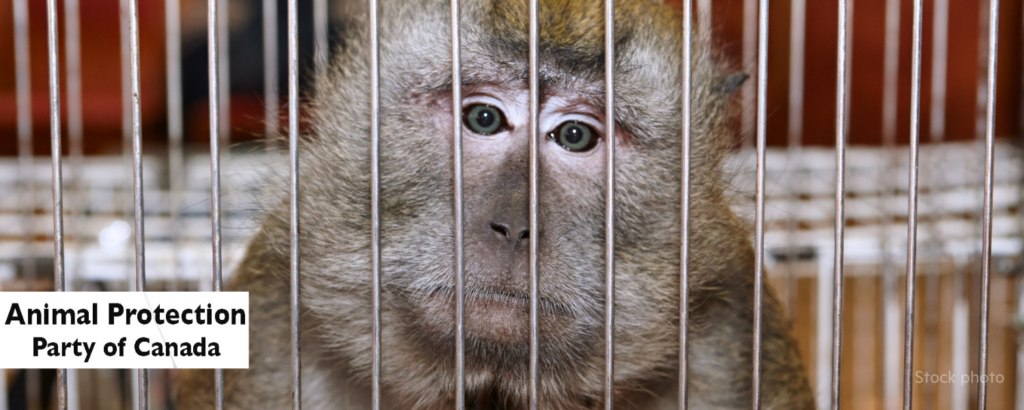
Animal Protection Party of Canada Calls for an Immediate Suspension of Monkey Imports from Cambodia
Animal Protection Party of Canada, 8/22/2024
“The Animal Protection Party of Canada is calling upon Canadian officials to follow the lead of the U.S. government and suspend the importation of endangered monkeys from Cambodia for use in Canadian laboratories.”
“Since the U.S. suspension, Canadian imports of long-tailed macaques from Cambodia have increased, and over the past 19 months, thousands of the monkeys have been brought into the country.” 📰 Full Story →
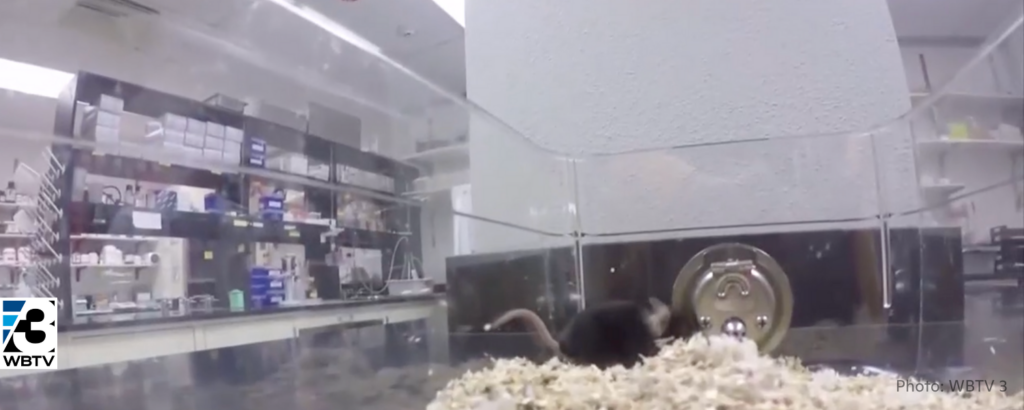
Animal Research Violations at USC
WBTV 3, 8/22/2024
“Cocaine, electric shock, and starvation. Those are just some of the violations reported by the University of South Carolina’s Office of Research.”
“Most recently, a report revealed baby mice starved to death after researchers neglected to feed them . . . According to the report, the study looks at Obsessive Compulsive Disorder, Tourette’s Syndrome, and Autism Spectrum disorders. It’s received nearly 800,000 dollars in federal funding.” 🎥 Full Story →

For Macaques, Facial Expressivity Reinforces Social Cohesion Within a Group
The Star, 8/26/2024
“Like humans, monkeys are animals that feel and express emotions, notably through postures, vocalisations and facial mimics. This range of emotions not only helps primates to communicate with their peers, but also to maintain order within their community.”
New findings “‘show that inter-individual differences in facial expressivity are related to differential social outcomes at both an individual and group level. More expressive individuals occupy more beneficial social positions….’” 📰 Full Story →
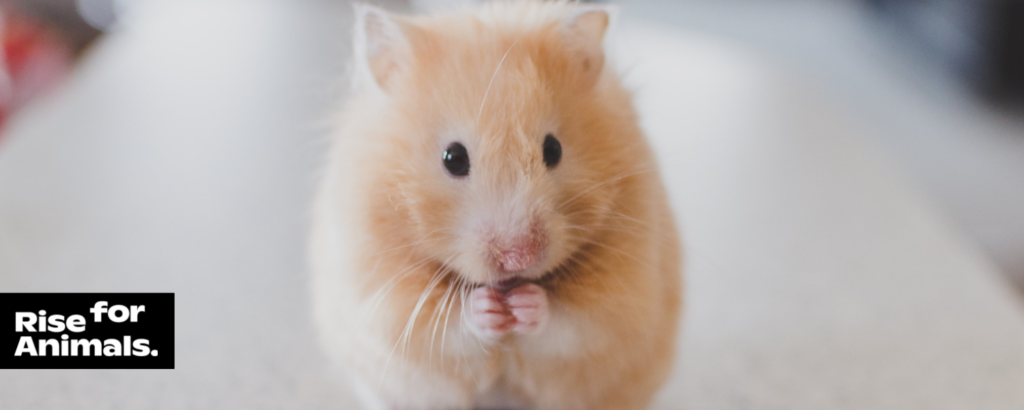
Transparency is Bad for Animal Research, Says Industry
Rise for Animals, 8/27/2024
In Virginia, the animal research industry is fighting fiercely against attempts to shed light into state-funded research that harms and kills animals. 📰 Full Story →

Animal Research Watchdog Files Federal Complaint Against UNT Health Science Center
Cody Copeland, 8/27/2024
“An animal research watchdog group filed a federal complaint Tuesday against the University of North Texas Health Sciences Center in response to an experiment that resulted in the deaths of four rabbits earlier this year.”
“The experiment involved inducing diabetes in the rabbits, then administering glucose injections. The USDA inspection found that the researchers did not perform the necessary monitoring, and the rabbits are believed to have died from diabetic shock.” 📰 Full Story →
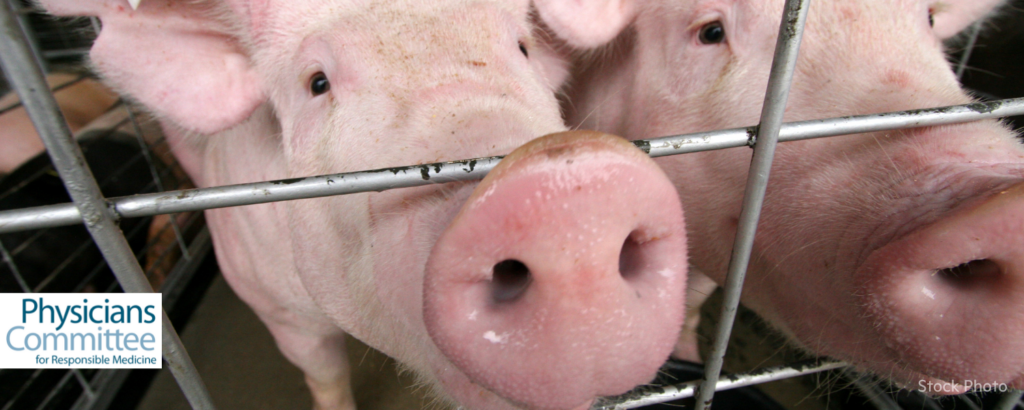
Medical Ethics Group Seeks Federal Investigation of WMed, Charles River for Using Animals to Train Doctors
PCRM, 8/29/2024
“With a federal complaint and billboards, the Physicians Committee for Responsible Medicine, a national medical ethics nonprofit, is determined to see WMed stop using animals to train doctors. The Western Michigan University Homer Stryker M.D. School of Medicine sends emergency medicine residents to Charles River Laboratories in Mattawan to perform invasive procedures on live pigs before killing the animals, a practice ended by the 24 other accredited programs in the state.”
PCRM “points out that WMed residents force open pigs’ ribs, make incisions near their eyes, and cut open the animals’ throats. While the pigs are supposed to be unconscious, the nonprofit cites evidence from the University of Michigan that pigs are difficult to keep under anesthesia. The complaint also explains that emergency medicine programs run by Harvard, the Mayo Clinic, the Cleveland Clinic, Johns Hopkins University, and hundreds of other institutions across the United States and Canada instead use devices modeled on human anatomy, called simulators, that include lifelike skin, muscle, fat, and blood vessels. Simulators ensure that physicians will not have to eventually adapt procedures practiced on a pig to a human patient.” 📰 Full Story →
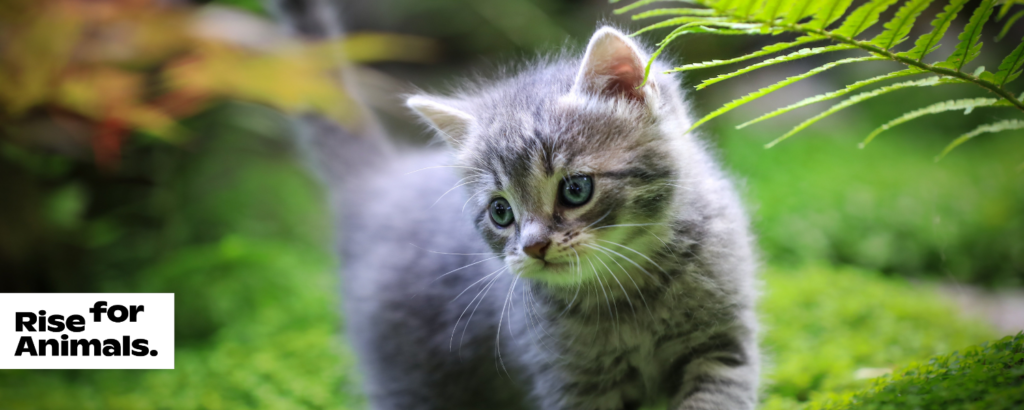
If We End Speciesism, We End Animal Experimentation
Rise for Animals, 8/30/2024
To end animal experimentation, we must challenge our beliefs, (re)consider human-nonhuman relationships, identify and resist speciesist ideas and practices, and recognize that all animals are moral beings.
Each year, the month of August concludes with World Day for the End of Speciesism. This year, the celebration occurs tomorrow on Saturday, August 31st. We invite you to celebrate with us — even as we acknowledge that, in our efforts to end nonhuman animal experimentation, every day is a day against speciesism. 📰 Full Story →